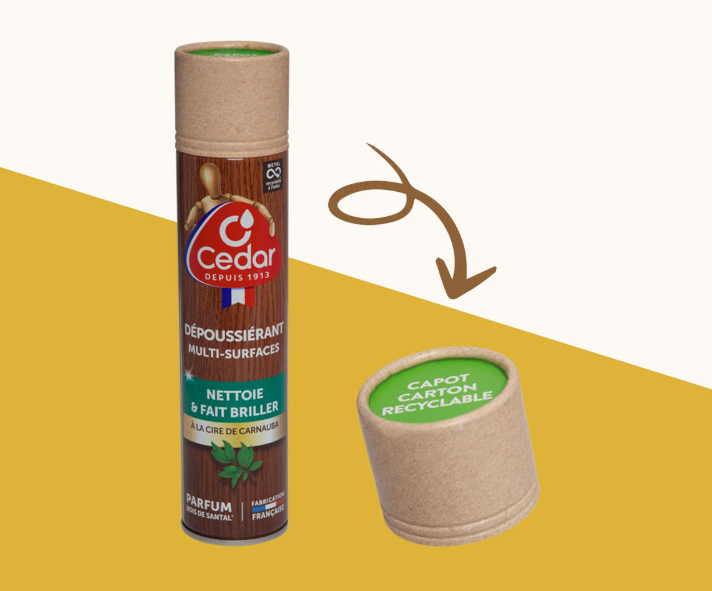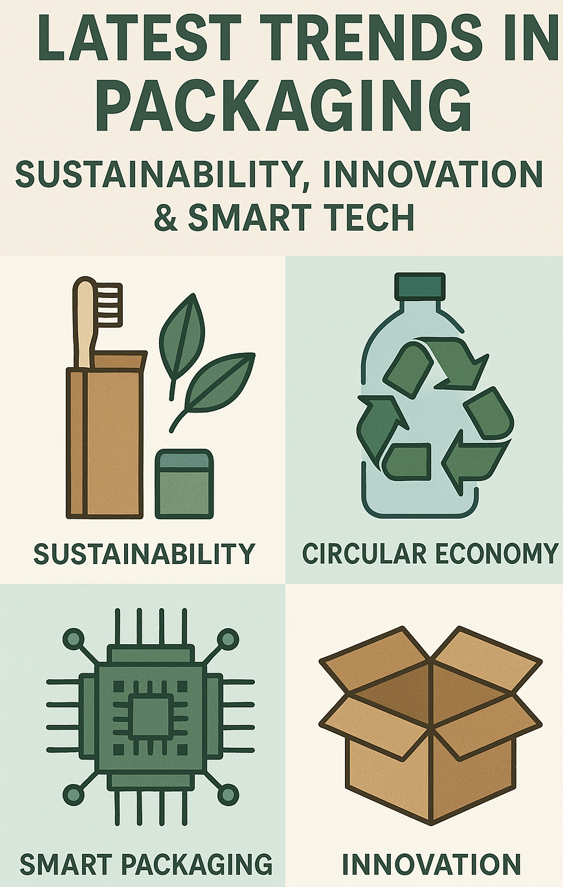
Koehler Paper and Wimbée Unveil First 100% Cardboard Cap for Aerosol Cans
In a major step toward sustainable packaging, Koehler Paper, a subsidiary of the Koehler Group, has partnered with French packaging manufacturer Wimbée to develop the first-ever 100% cardboard and paper cap for aerosol cans. This groundbreaking innovation was created for Héritage, the company behind well-known furniture care brand O'Cedar.
The cap, which is available in standard diameters of 51 mm and 63.5 mm, offers a fully recyclable alternative to traditional plastic caps. Additional sizes, including 45 mm and 55 mm, are currently in development.
A New Era for Sustainable Aerosol Packaging
The secret behind this innovation lies in Koehler NexCoat Smart, a flexible packaging paper known for its exceptional laminating, shaping, and printing properties. This material enhances the cap’s durability while maintaining an eco-friendly design that seamlessly integrates into existing paper recycling processes.
With a high resistance to fold cracks and excellent printability, Koehler NexCoat Smart ensures that brands can maintain premium aesthetics while making a positive environmental impact.
Collaboration Driving Sustainability
The partnership between Koehler Paper and Wimbée represents a key milestone in sustainable packaging. Wimbée, with its decades of expertise in cardboard packaging, worked closely with Koehler Paper to perfect the design.
“Koehler NexCoat Smart is ideally suited to the challenge of creating a greener, fully recyclable alternative to standard aerosol caps," says Bettina Bastien, Brand Owner Manager for Flexible Packaging Paper at Koehler Paper. "Made from renewable raw materials, it can be reused multiple times within the established paper recycling system."
A Future Without Plastic Caps?
As global regulations and consumer demand push for more sustainable packaging, innovations like this could reshape the future of aerosol packaging. With the successful launch of the first 100% paper-based cap, the industry is one step closer to reducing plastic waste while maintaining functionality and style.
This collaboration is just the beginning—could plastic aerosol caps soon be a thing of the past?







